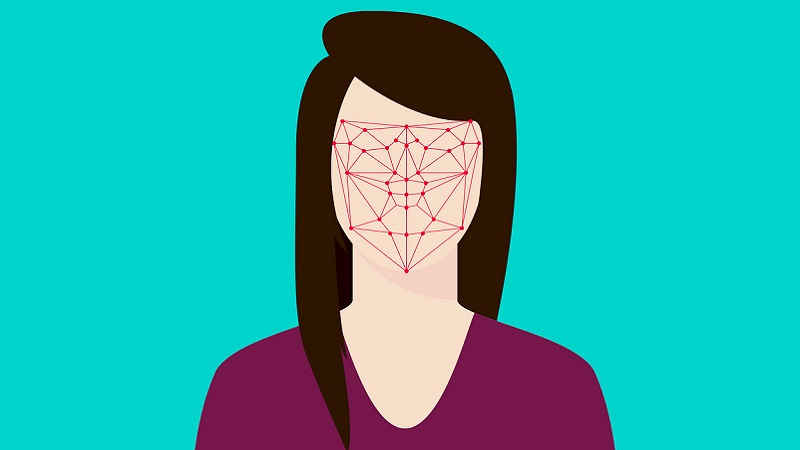Meta is parting ways with Facebook’s controversial facial recognition – and the company also wants to delete the data of more than a billion people. However, the technology behind Facebook facial recognition is not to disappear entirely from the metaverse.
Meta ends Facebook facial recognition
Facebook’s facial recognition has had its day. In the coming weeks, the corporation will shut down the technology, AI chief Jerome Pesenti announced in a blog post.
The feature has a long tradition at Facebook. Back in 2011, the social network introduced the controversial feature called Deepface in Germany. However, concerns from data privacy activists meant that Facebook had to switch off the technology again for the time being.
Restart for Deepface technology in 2015
After the acquisition of Israeli company Face.com in 2012, Deepface got a second chance. Facebook then rolled it out worldwide in 2015. However, Facebook’s facial recognition technology earned repeated criticism.
The most recent outcry dates back to 2019. During the “10 Year Challenge,” more than five million people posted photos of themselves from ten years ago and today. It was rumored that the challenge was initiated by Facebook to train the group’s facial recognition.
What does Facebook need facial recognition for?
Facebook uses its facial recognition mainly to recognize users in photos – so that they can like or share them. Deepface is also supposed to protect Facebook users from fraud – for example, when someone passes off someone else’s profile photo as their own.
But that is now to come to an end. In the coming weeks, Facebook will switch off facial recognition, and users will no longer be automatically recognized in photos or videos.
As part of this change, people who have agreed to our facial recognition setting will no longer be automatically recognized in photos and videos, and we will delete the facial recognition template used to identify them.
The change also impacts alt text, according to Pesenti. For example, blind and visually impaired people would no longer be provided with names of recognized people after the shutdown.
Why is Facebook shutting down its facial recognition?
AI chief Pesenti explains the end of facial recognition with “growing social concerns.” The use of the technology had to be weighed against these, he said. Another reason, he says, is the lack of guidance from regulators.
Over the years, Facebook has created what is probably the world’s largest database for facial recognition. But when the feature is shut down, the data will also disappear. The company will delete the templates of “more than a billion people” during the shutdown.
In the future, however, Facebook wants to continue working on the development of the technology. That’s because it is a “powerful tool” for verifying people’s identities or “preventing fraud and impersonation.”
We believe that facial recognition can be useful for such products if privacy, transparency and control are ensured so that you decide whether and how your face is used.










